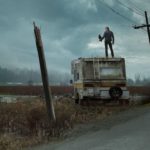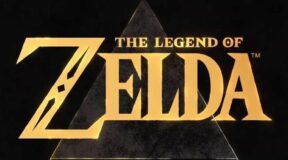The Stand
CBS All Access
Season 1 Episode 1
The End
The first thing you need to know about this new iteration of Stephen King’s The Stand is that the episodes will take a non-linear approach to their storytelling. Rather than starting with the event leading to the spread of a virus that wipes out the world’s population, the first episode gets into the characters themselves at different points in the story.
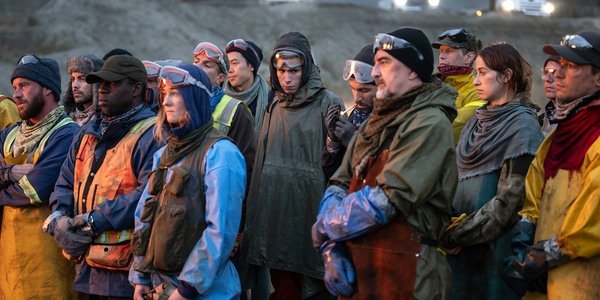
The bulk of the episode focuses on Harold Lauder. The story begins with Harold in Boulder as part of the body removal crew taking out dead carcasses and burying them for the Free Zone. It also cuts to the moments right after the plague begins as he deals with his dying family and his feelings for his sister’s friend Fran Goldsmith.
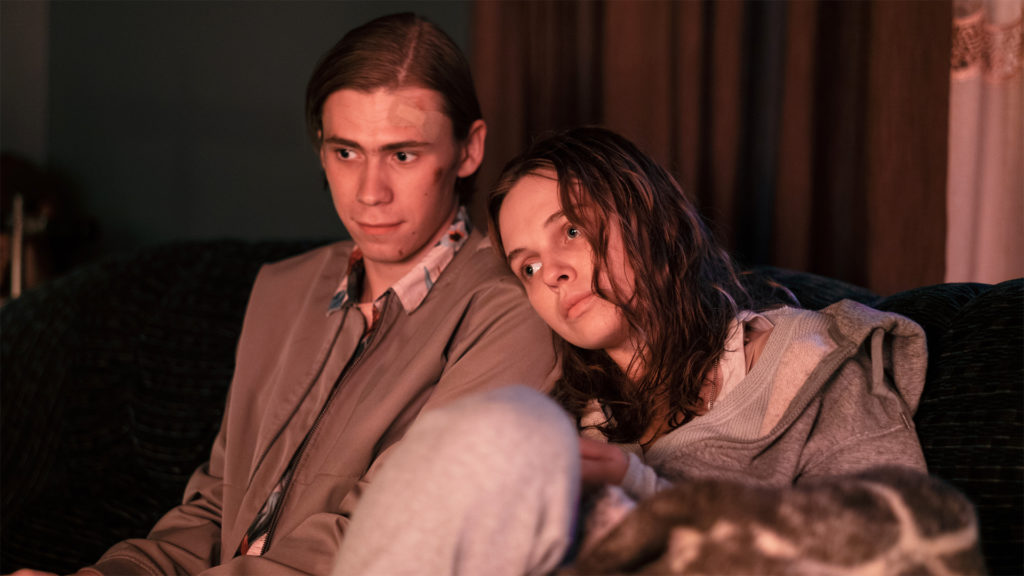
There are a lot of moments of Harold being bullied and the internal rage he is feeling as well as his sociopathic tendencies. Unfortunately, there isn’t anything deeper to be found in either the character or the portrayal. You know Harold is a bad person so there’s no journey for the character to make or reason for the viewer to care. Also, because there is no journey for the character, his motivations and actions highlight the central problem with this first episode; lack of tension.
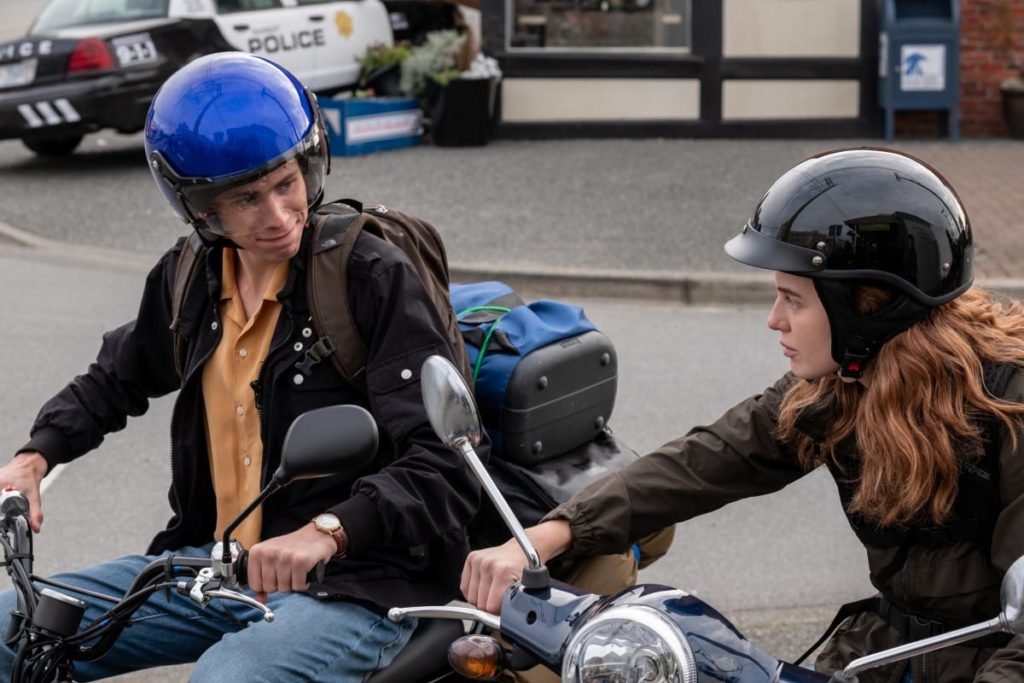
Fran Goldsmith’s story is truncated so much in this first episode that she becomes little more than object of lust for Harold and pity for the viewer. She has no personality or agency so her presence in the story is limited to Harold’s fantasy about saving her.
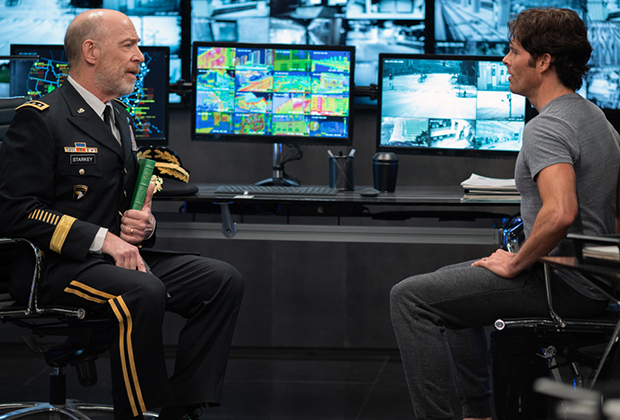
Stu Redmond’s appearance happens further into his story so the circumstances that bring him to the hidden facility he’s being held in for study are only mentioned. Something that removes any tension from his story as well. His character is reduced to being a passive observer to the events affecting his life and there is no sense of how and why he has any significance to the story. Even his escape from the facility isn’t due to his own actions or intelligence, but the actions of others.
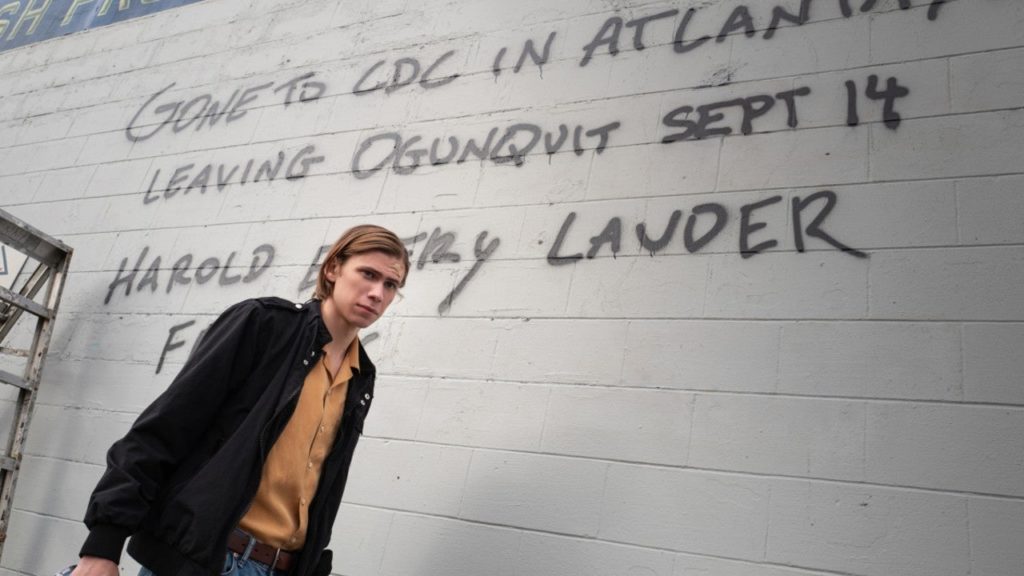
There are hints at the supernatural elements at play in the story, but none of them feels special, significant or even important because the viewer is given no sense that there is any danger in this world. What the viewer is given is a disjointed series of events that bounce from time and location with no character development to make one care.
For a story about a global pandemic wiping out over 90% of the world’s population and fracturing the survivors into factions set to face off against each other, there is a stunning lack of tension in this first episode. The biggest sin co-writer/director Josh Boone makes in telling this story is forgetting that, for a visual medium, it is better to show not tell.
